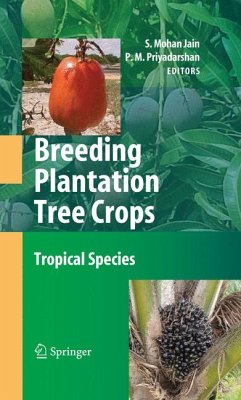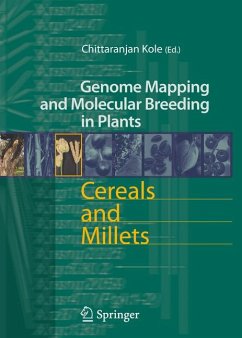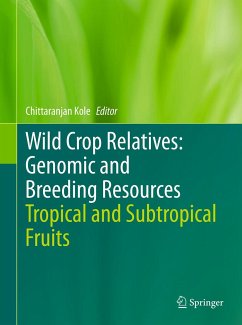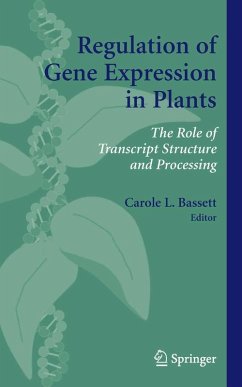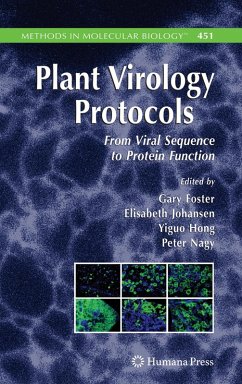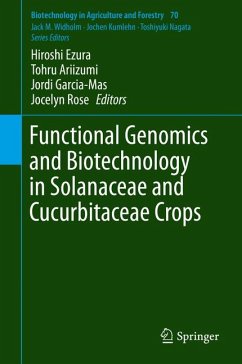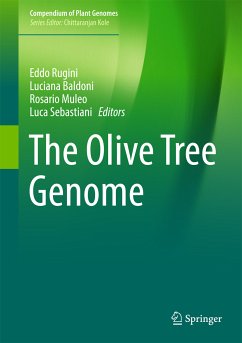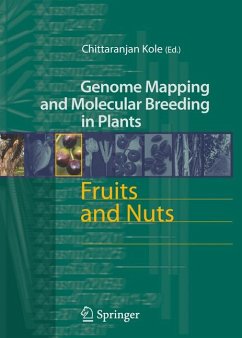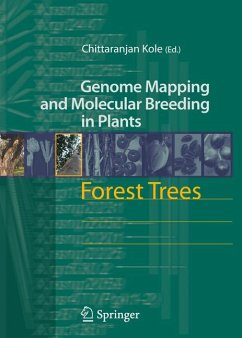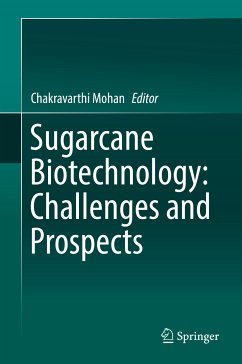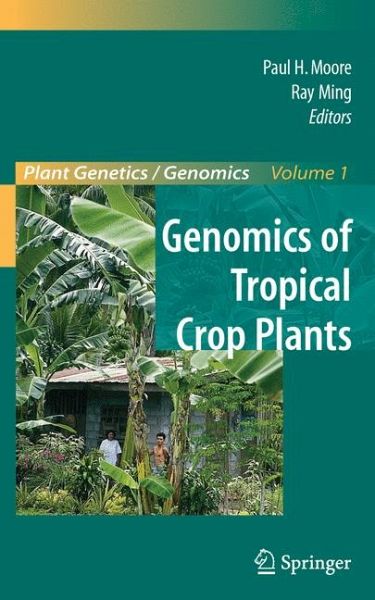
Genomics of Tropical Crop Plants (eBook, PDF)
Versandkostenfrei!
Sofort per Download lieferbar
160,95 €
inkl. MwSt.
Weitere Ausgaben:

PAYBACK Punkte
80 °P sammeln!
Having spent most of my life in Academia teaching and carrying out fundam- tal research on plant form and function, I found this collection of essays to be of considerable interest as they expanded my knowledge of genomics to plants - yond the well-studied model systems of Arabidopsis, rice, and temperate maize. It was even more valuable to me in terms of my more recent interest in international agriculture-in particular,my personal interest in promotingthe integration of - ings from the advanced plant sciences into current approaches to crop impro- ment for the bene t of poor, small-scale far...
Having spent most of my life in Academia teaching and carrying out fundam- tal research on plant form and function, I found this collection of essays to be of considerable interest as they expanded my knowledge of genomics to plants - yond the well-studied model systems of Arabidopsis, rice, and temperate maize. It was even more valuable to me in terms of my more recent interest in international agriculture-in particular,my personal interest in promotingthe integration of - ings from the advanced plant sciences into current approaches to crop impro- ment for the bene t of poor, small-scale farmers in the developing world. In my experience, one of the greatest challenges to such integration is the relatively weak interactionamongscientists workingat the forefrontofgenomicsresearchandthose involved in the improvement of crops important to such farmers. Since most of the crops important to the poor are of tropical origin, one hopes that this very readable collection of essays will help bridge that gap as they should be of interest to both types of scientists. My own experience is interesting in this regard-I had thought that it might be useful to read just a few of these essays and ended up wanting to read them all! Reading this collection forced me to consider several important issues.
Dieser Download kann aus rechtlichen Gründen nur mit Rechnungsadresse in A, B, BG, CY, CZ, D, DK, EW, E, FIN, F, GR, HR, H, IRL, I, LT, L, LR, M, NL, PL, P, R, S, SLO, SK ausgeliefert werden.




